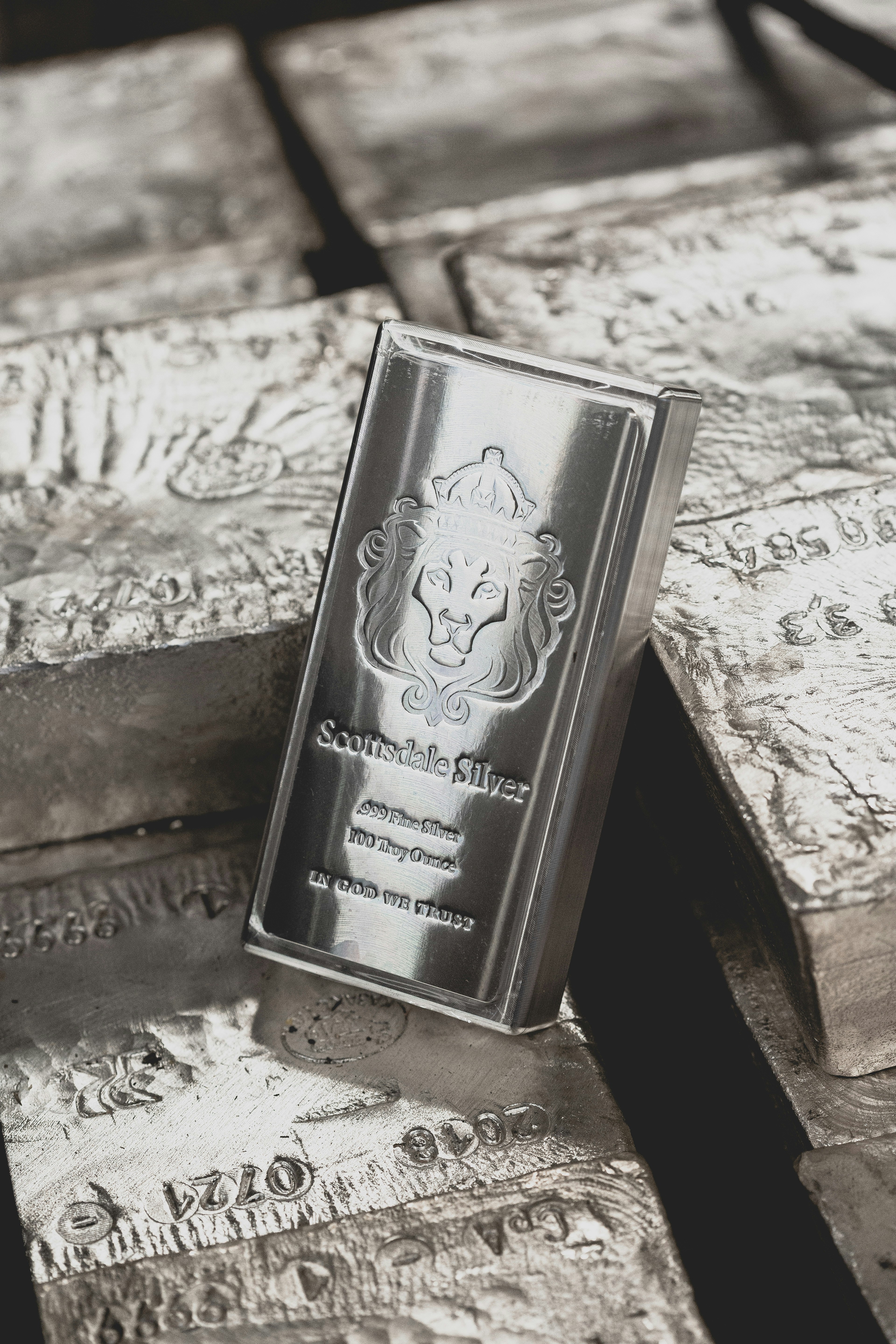What happened last week?
Global
- Silver hit a 14-year record, and gold hung out near its all-time high.
US
- Nvidia invested $100 billion into OpenAI.
China
- Warren Buffett’s Berkshire Hathaway sold the last of its BYD stake.
Why It Matters
Silver popped above $45 an ounce for the first time in 14 years, and gold’s been trading near its all-time high, as inflation-fearing investors look to grab up real assets. Gold ETFs have pulled in a record this month alone – part of their $50 billion year-to-date surge, according to Citigroup. But silver’s still shining brighter: the white metal is up around 55% this year, compared to the yellow one’s 43%.
Nvidia announced a plan to invest up to $100 billion in OpenAI – a move that could set a new record for private investment. The money will go straight back to Nvidia via orders for its new “Vera Rubin” chips, as OpenAI gears up to build humongous AI data centers across the US with a price tag near $500 billion.
Buffett’s Berkshire Hathaway cashed out of BYD after a 17-year ride that returned around 4,000%. China’s EV market is now pretty cutthroat: price wars have hit the carmaker’s profits and squeezed its shares. Meanwhile, the broader Chinese stock market has been revving its engine, propelled by AI plays. Alibaba’s stock, for one, has more than doubled this year.
The Focus This Week: What A Way To Make A Livin’
The Federal Reserve (Fed) doesn’t have an easy job. The central bank is tasked with putting interest rates at just the right level – an often elusive, sweet spot where they create low and stable inflation and maximum employment. Leave them too high, and the Fed risks dragging down the economy and the job market. Lower them too quickly, and it risks a brand-new surge of inflation – one that could force it to hike rates all over again.
Earlier this month, the Fed’s chair said the labor side of the equation has become the central bank’s chief concern, with job growth running below the breakeven rate for the first time since the pandemic crisis – despite a still-low unemployment rate. Job creation has slowed a lot since June, to a pace of just 29,000 per month.
That said, inflation’s not exactly where the Fed wants it to be. The central bank’s preferred consumer price gauge, the broad-based personal consumption expenditures (PCE) index, has been stuck above its 2% target for some time. The report’s closely watched “core” measure – which strips out volatile items like food and fuel – rose at an annual pace of 2.9% in August, the same as the month before and in line with economist expectations. Mind you, steep new taxes on imported goods are likely to blame for at least some of that rise. And the Fed chief has said those tariffs will probably only have a one-time impact on prices. That was some of the rationale when the Fed trimmed interest rates earlier this month.
So the key US jobs report, due Friday, is the next big thing for the Fed. And economists aren’t feeling very hopeful. A string of weak data has pushed their forecasts down to just 40,000 new jobs in September – about half of what they were forecasting before. If the total lands much lower than that, it could rattle the current optimism in the stock market – and pressure the Fed to cut rates sooner and harder than planned.


The Week Ahead
- Monday: China loan prime rates announcement, eurozone consumer confidence (September).
- Tuesday: Eurozone PMIs (September), UK PMIs (September), US PMIs (September). Earnings: Micron Technology.
- Wednesday: Japan PMIs (September).
- Thursday: Eurozone M3 money supply (August), US trade balance (August), US durable goods orders (August). Earnings: Accenture, Costco.
- Friday: US personal income and outlays (August), US consumer sentiment (September), US PCE price index (August).
This document is provided to you for your information and discussion purposes only. It is not a solicitation for business or an offer to buy or sell any security or other financial instrument. Any information including facts, opinions, or quotations, may be condensed or summarised and are expressed as of the date of writing. The information may change without notice and Trusted Novus Bank (“TNB”) is under no obligation to ensure that such updates are brought to your attention. Past performance is not a guide to future performance.
